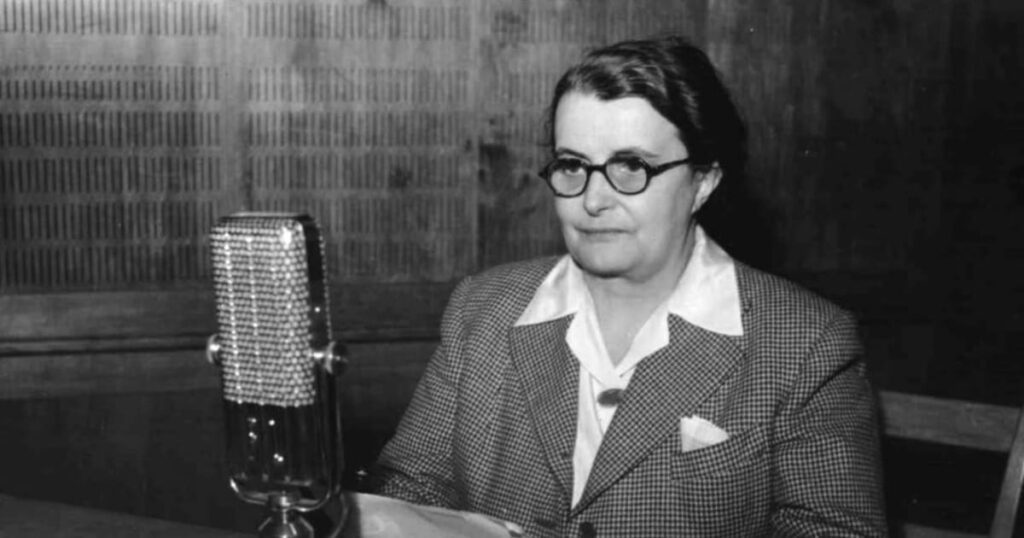Anežka Hodinová-Spurná: A Woman of Paradoxes and Bold Choices
Anežka Hodinová-Spurná epitomized the complexities of a woman who made striking choices and challenged social norms. Historian Denisa Nečasová characterizes her as a “state builder, staunch defender of the weak, left-wing feminist, and enthusiastic communist.” Hodinová-Spurná’s life was marked by her personal decisions, such as her divorce and remarriage to a man 11 years younger, alongside her unwavering pursuit of justice and equality.
From Humble Beginnings to Political Prominence
Born on January 12, 1895, in Doubravice, a small village near Litovel, Hodinová-Spurná’s early life nurtured her leftist beliefs. She embarked on her political journey in 1918 when she joined the Czechoslovak Social Democratic Workers’ Party, later co-founding the Communist Party in 1921. By 1929, she had earned a seat in the National Assembly, rapidly amplifying her influence.
In 1938, at the request of her party, she relocated to Great Britain, where she took on the role of chairwoman of the Czechoslovak Women’s Club and became a member of the exiled State Council. After World War II, she returned to her homeland with renewed determination and continued her political engagements. Throughout her career, she held significant positions within the Central Committee of the Communist Party, the Provisional National Assembly, and later the Constituent National Assembly, where she served as vice-chairwoman after 1948. She remained an active deputy until her passing on April 1, 1963.
A Diverse and Complex Legacy
Anežka Hodinová-Spurná was more than a political figure; she was a powerful advocate for women’s rights, chairing the Committee of Czechoslovak Women from 1952 until 1963. Her unwavering commitment and strong public presence, however, also led to her being viewed as a relentless bureaucrat. Her distinctive speech style, characterized by her sharp voice, has been captured in numerous recordings, including her addresses to exiled compatriots in London.




